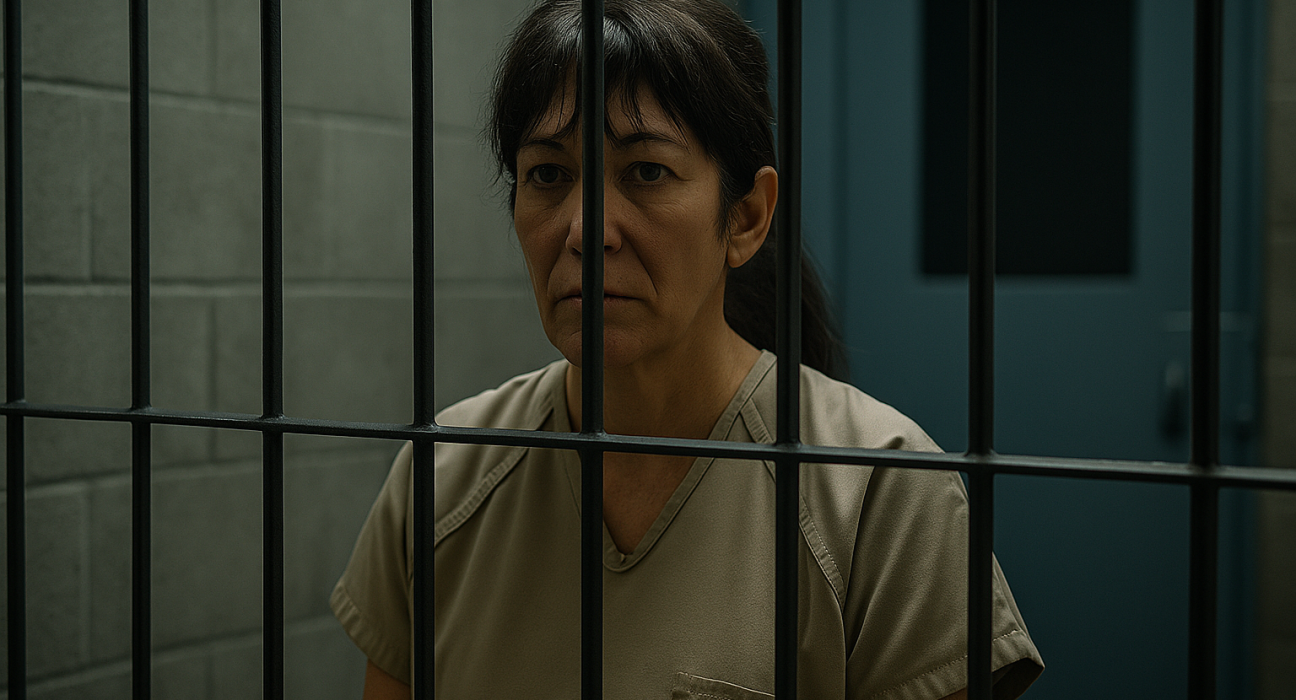On August 1, 2025, Ghislaine Maxwell, convicted of aiding Jeffrey Epstein in sex trafficking underage girls, was transferred from FCI Tallahassee—a low-security federal prison in Florida—to Federal Prison Camp Bryan in Texas, a minimum-security facility often considered more lenient in the federal system. The move occurred shortly after Maxwell’s meeting with Deputy Attorney General Todd Blanche, in which she reportedly provided further information about Epstein’s network. Her legal team continues to seek relief, potentially through a presidential pardon, though former President Trump stated no one had asked him for clemency. (turn0news16)
What’s Been Reported
- Facility change: Maxwell was relocated to Camp Bryan, which houses notable inmates like Elizabeth Holmes and is characterized by dorm-style housing, educational and recreational programs, and relaxed security restrictions. (turn0news16, turn0news21)
- Justice Department interview: Her transfer came about a week after a closed-door meeting with Deputy Attorney General Todd Blanche, who sought information on individuals potentially involved in Epstein’s crimes. (turn0news16, turn0news29)
- Pardon speculation: While Maxwell’s attorneys have signaled openness to relief, Trump indicated in media interviews that no pardon request had been made, though he acknowledged his constitutional authority to grant clemency. (turn0search4, turn0news22, turn0news20)
- Appeal underway: Maxwell is appealing her 2021 conviction to the U.S. Supreme Court, asserting that a previous non-prosecution agreement with Epstein should have shielded her. She has also been subpoenaed to testify before Congress on Epstein-related matters. (turn0news29, turn0news22)
Key Points
- Transfer details: From Florida low-security prison to Texas minimum-security camp.
- Context: Occurs after high-level DOJ interview, potential cooperation.
- Legal moves: Supreme Court appeal and possible congressional testimony.
- Pardon status: Trump says no request has been made; legal team remains open.
- Public reaction: Victims and advocacy groups express outrage over perceived leniency. (turn0news19)
Implications & Outlook
- Possible cooperation exchange
Maxwell’s transfer—coupled with DOJ engagement—raises questions about potential deals in exchange for her testimony or information on Epstein’s wider network. - Pardon process scrutiny
Any future pardon deliberations could face intense public and Congressional scrutiny, particularly from victims’ families and survivors seeking accountability. - Transparency and trust
As the DOJ seeks to unseal grand jury materials, policymakers and advocacy groups are calling for greater transparency in how Epstein and Maxwell’s investigations were conducted. (turn0news16) - Perceptions of preferential treatment
Critics argue that her move to a more comfortable prison camp may reflect unequal justice. Survivor groups have vocally condemned what they view as unwarranted leniency, highlighting Maxwell’s central role in Epstein’s crimes. (turn0news19) - Legal and political ramifications
Maxwell’s appeal and potential congressional testimony could reveal significant new information. The release of grand jury transcripts may redefine public understanding of Epstein’s operations and implicated networks.
